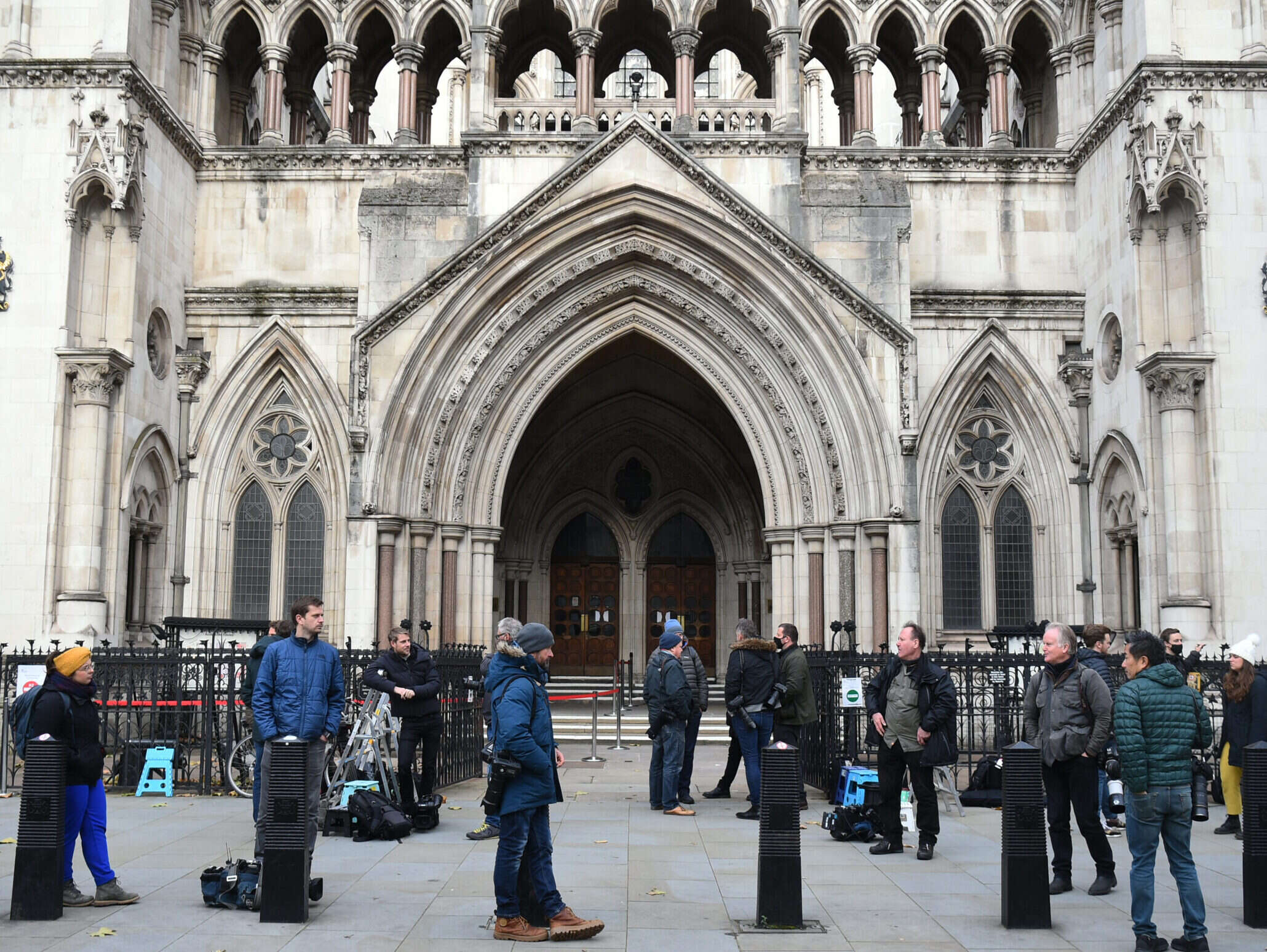
The Government is trying to block the BBC from broadcasting a story which would identify a “dangerous extremist and misogynist” who is allegedly an MI5 agent.
Attorney General Suella Braverman is seeking an injunction to stop the broadcaster from airing a programme that would name a man who has allegedly abused two women and is a covert human intelligence source (Chis).
Details of the case emerged for the first time in a written ruling on Thursday, in which Mr Justice Chamberlain said it is in the interests of open justice for parts of a hearing about the injunction, due to take place at the High Court in London next week, to be held in public.
Giving a summary of the case, the judge said: “The programme is to include the allegations that X is a dangerous extremist and misogynist who physically and psychologically abused two former female partners, that X is also a covert human intelligence source – variously referred to as a ‘Chis’ or an ‘agent’ – for the Security Service (‘MI5’), that X told one of these women that he worked for MI5 in order to terrorise and control her, and that MI5 should have known about X’s behaviour and realised that it was inappropriate to use him as a Chis.”
The judge said the Attorney General’s stance is that she can neither confirm nor deny whether X is or was a Chis, other than in closed proceedings – hearings behind closed doors with security-cleared lawyers called special advocates representing the BBC’s interests.
He added: “She submits, however, that, irrespective of the truth of the allegation, the BBC’s proposed broadcast would involve a breach of confidence or false confidence, create a real and immediate risk to the life, safety and private life of X, and damage the public interest and national security.”
The judge said Ms Braverman has made clear that there is no objection to a broadcast making allegations about MI5’s use and management of agents without identifying X or any other person, and there would also be no issue with a broadcast making allegations about the conduct and dangerousness of X without identifying him as an alleged MI5 agent.
Last week, lawyers representing Ms Braverman asked for the rest of the hearing, other than the closed proceedings, to be held “wholly or substantially” in private – with members of the press and public unable to attend.
But, in a brief summary on Tuesday, Mr Justice Chamberlain said he had concluded that part of the hearing can go ahead in public, with care taken so the identity of the alleged spy is not revealed.
He said: “The Attorney has not convinced me that there is a sufficiently compelling reason for departing from the principle that ‘open’ proceedings take place in public (the ‘open justice principle’).
“This means that, when the hearing takes place, the public will be informed about many of the important aspects of this case, apart from the identity of X.”
In his full ruling, the judge said the story was first reported by the Daily Telegraph in January, which quoted an “unnamed source”.
He said that, after receiving a witness statement from a government lawyer, there was no evidence to dispel the inference that the source referred to in that article was a government source.
The judge added: “Whether that person was acting with authority, and if so whose authority, is not a matter on which any reliable conclusion can be drawn at this stage.
“But the evidence … certainly does not establish that the statement was made ‘without authority’ if that phrase is to be given any meaningful content.
“These conclusions are relevant to the Attorney’s application for privacy in two ways.
“First, the fact that a government source, whether acting with or without authority, appears to have briefed the press about this case has an impact on the extent to which it is ‘necessary to sit in private to secure the proper administration of justice’.
“It would in principle be unfair to allow one party to put its own ‘spin’ on a case without allowing the other party to put before the public even the basic factual elements of its defence.
“Second, leaving aside any question of authority, the fact remains that the information, including the quotations and reporting from the ‘source’, is now in the public domain.
“As I have said, after the ‘exclusive’ article in the Daily Telegraph, the content of that article was very widely reported in other press and media outlets.
“The question of damage to national security which might flow from a broadcast about X’s conduct which does not identify X has to be considered against that background.”
When the judge gives his ruling on the injunction, there will be both an open judgment which will be made public, and a closed judgment which will be seen only by the Attorney General’s legal team and the special advocates.
The full hearing relating to the interim injunction is due to be heard on March 1 and 2, and part of the proceedings will be conducted under a closed procedure, while other parts will be open to the public.
A spokeswoman for the Attorney General’s Office said in a statement: “We respect the court’s judgment.”
Picture: PA Wire/Kirsty O’Connor
Email pged@pressgazette.co.uk to point out mistakes, provide story tips or send in a letter for publication on our "Letters Page" blog
